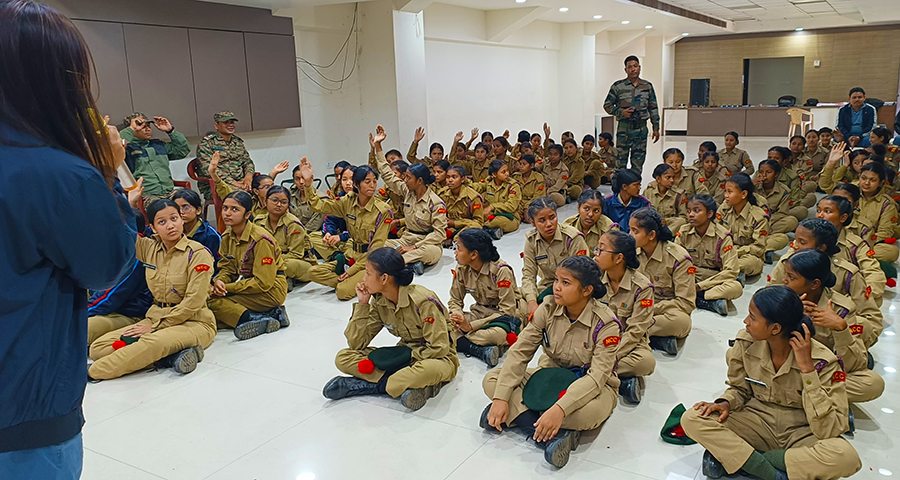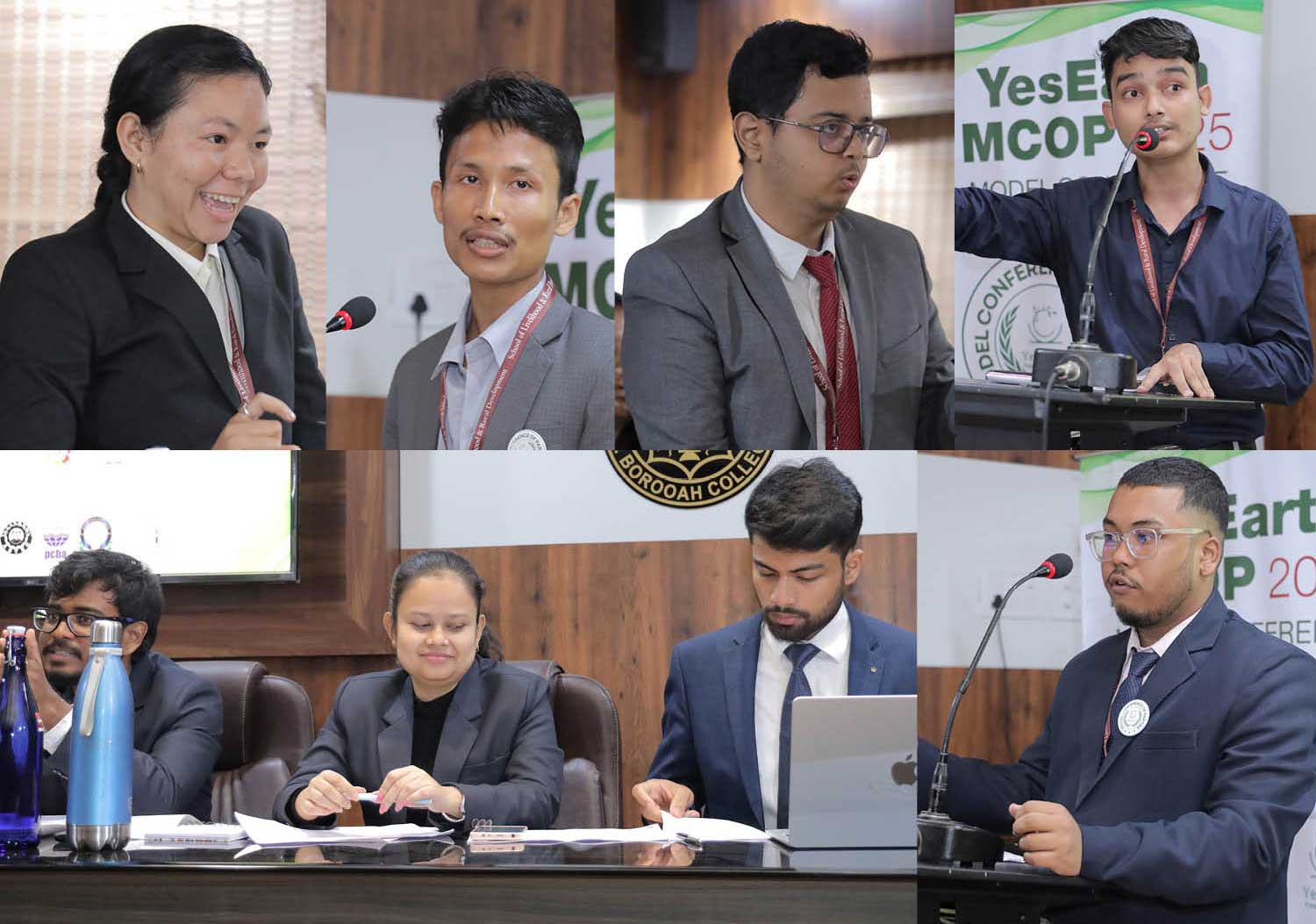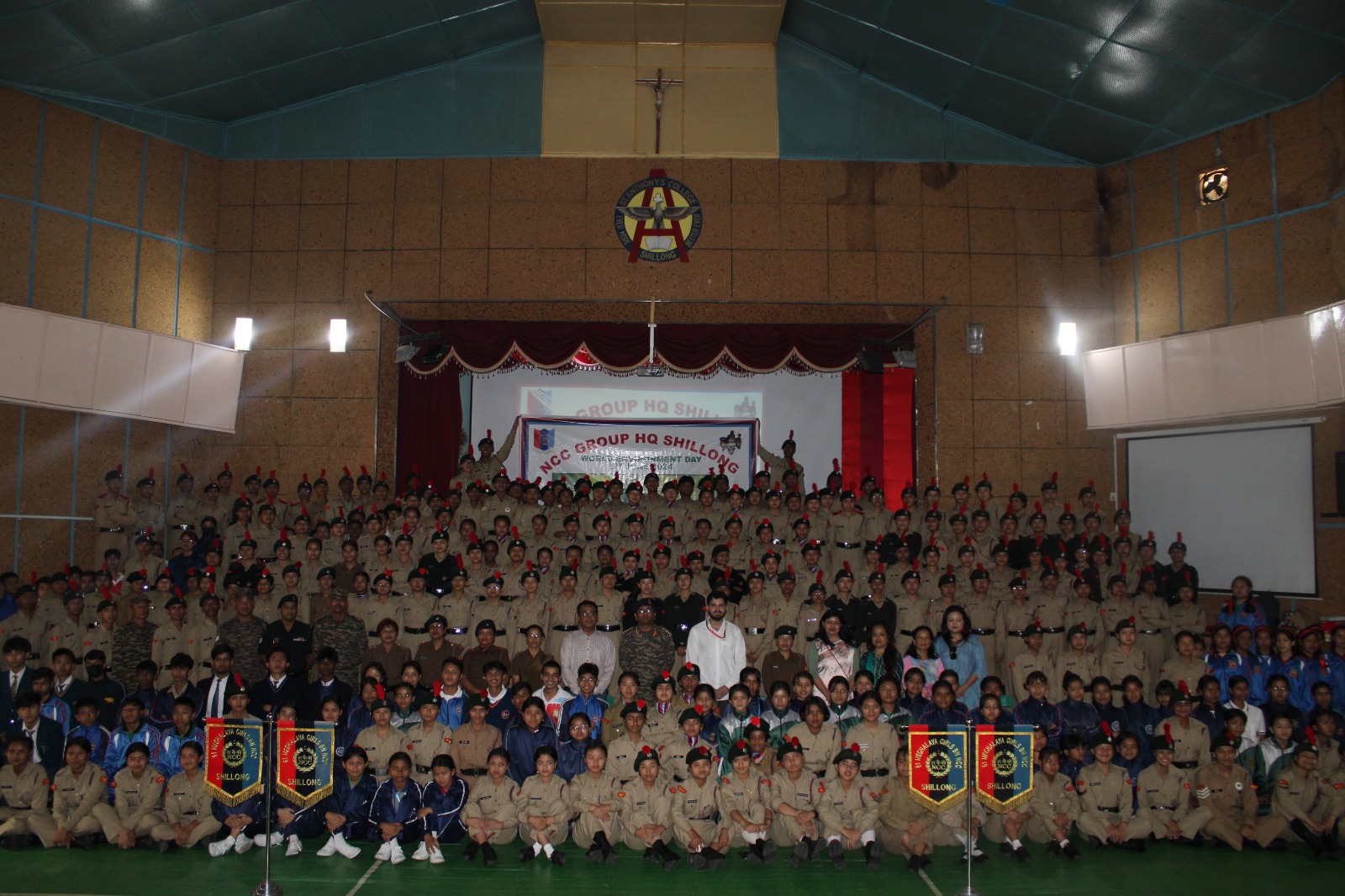The Silent Danger of Heatwaves: What You Should Know
As our planet heats up, heatwaves are becoming stronger, longer, and more dangerous. You might not hear much about it in the news, but extreme heat is already one of the deadliest climate risks we face – and it’s getting worse.
How deadly is heat, really?
Each year, around half a million people die because of hot weather. That’s more than the number of deaths from war or terrorism. But heat isn’t always listed on death certificates, because it often makes existing health problems worse – like heart disease, breathing issues, or kidney problems. So, many heat-related deaths go uncounted.
How does heat affect your body?
Your body works hard to stay cool when it’s hot. If it doesn’t get relief – especially at night – it puts strain on your heart, kidneys, and other organs. And that’s not all. Heatwaves can also:
-
Increase road accidents
-
Pollute the air
-
Spark wildfires
-
Cause power outages
All these things make it harder for people – especially the elderly or sick – to stay safe.
Who is most at risk?
While anyone can suffer during a heatwave, some people are more vulnerable than others:
-
Outdoor workers (like farmers and construction workers)
-
Elderly people and those with health conditions
-
Women, who are statistically more likely to die from extreme heat
-
Low-income families, who may not have air conditioning, shaded areas, or proper housing
Why does humid weather feel worse?
Your body cools down by sweating – but when the air is humid, sweat doesn’t evaporate easily. It sticks to your skin, trapping heat and making you feel even hotter. This added stress can be dangerous, especially for those already at risk.
Why are heatwaves getting worse?
The main reason is climate change. Decades of pollution from burning fossil fuels have trapped heat in our atmosphere. Since pre-industrial times, global temperatures have gone up by around 1.3°C, and land areas are warming even faster.
Scientists also believe that climate change is disrupting global wind patterns, like the jet stream. This can lead to “heat domes” – systems that trap hot air over one area for days or weeks.
How to Stay Safe During a Heatwave
As temperatures soar, taking simple steps can save lives. Here’s how you can protect yourself and others during extreme heat:
1. Avoid the heat
-
Stay indoors during the hottest part of the day (usually 12 PM – 4 PM)
-
If you need to go out, stick to the shade and wear a hat or umbrella
2. Stay hydrated
-
Drink plenty of water, even if you’re not thirsty
-
Avoid alcohol and caffeine – they can dehydrate you
3. Dress smart
-
Wear lightweight, loose, and light-colored clothes
-
Choose breathable fabrics like cotton
4. Check on others
-
Look out for elderly people, children, and those with health issues
-
If you know someone without a cool place to stay, help them find relief











